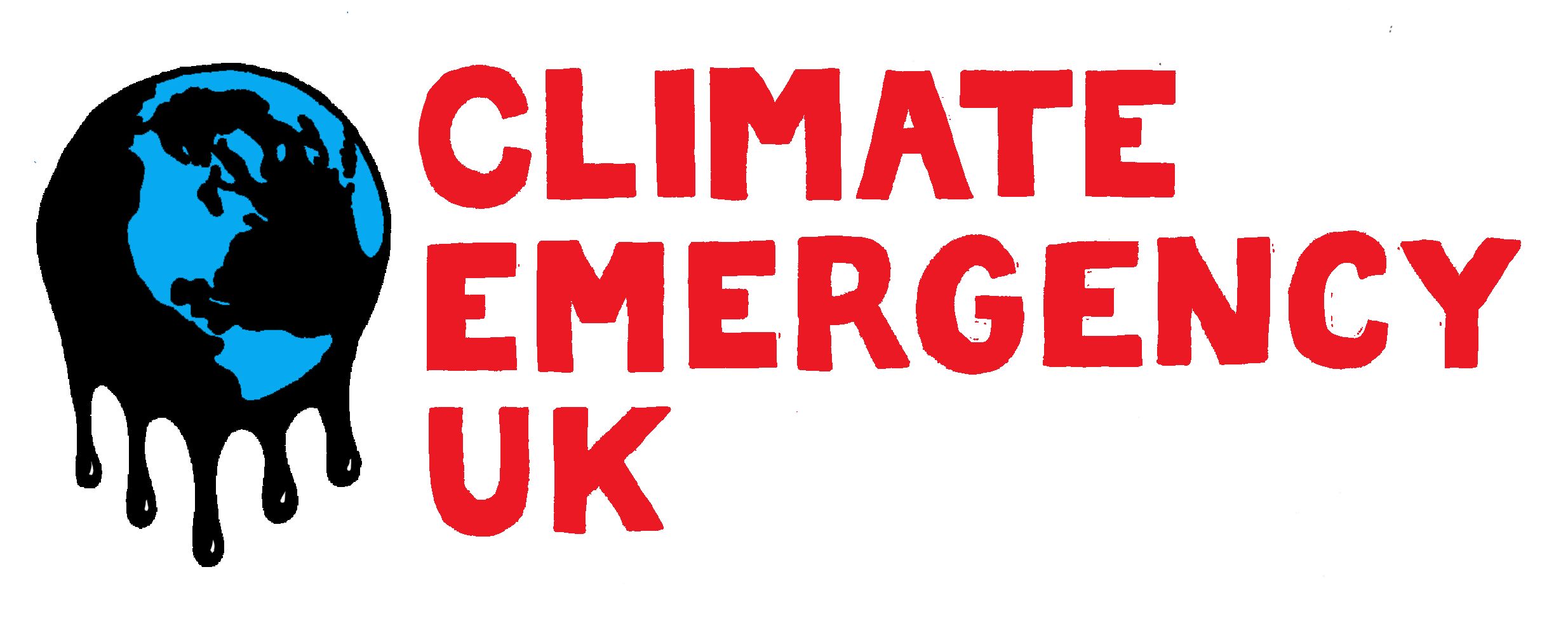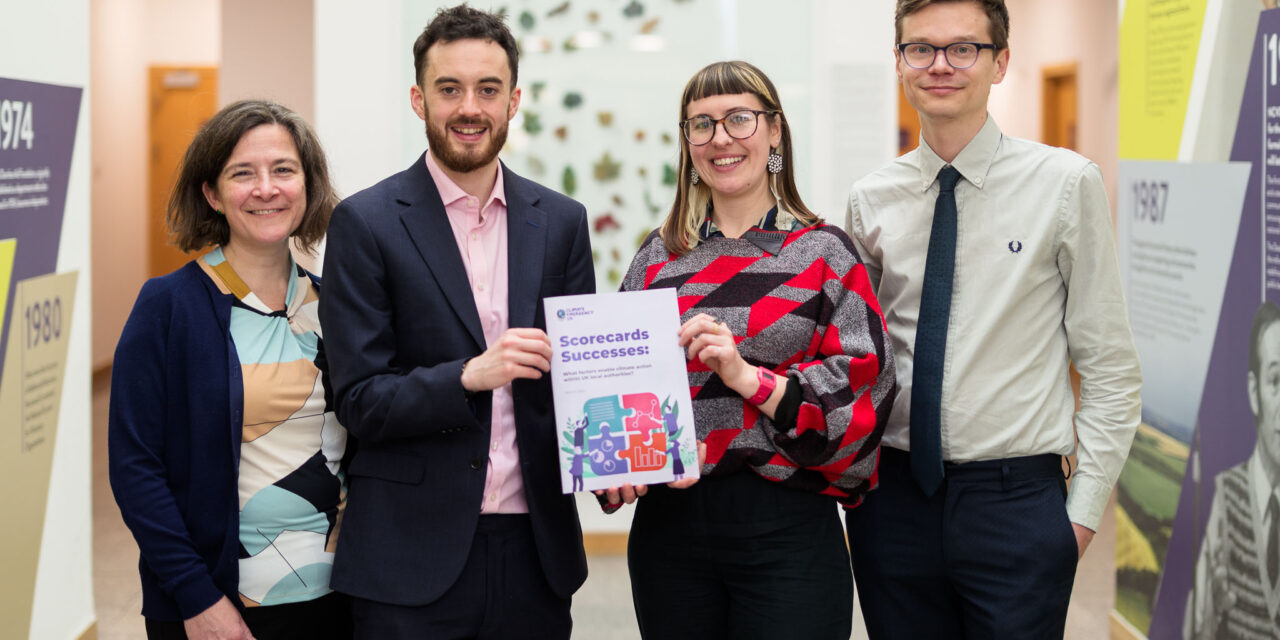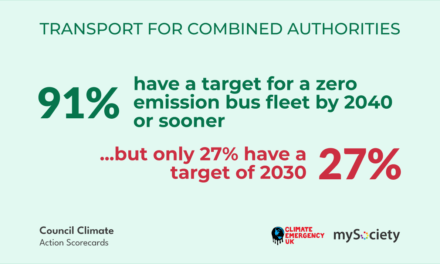On 21 March, the team at Climate Emergency UK (Claire, Isaac, Annie and Don) held their first ever in-person conference, ‘Scorecards Successes: Enabling Local Climate Action’ at the NCVO offices in London to launch our new report, Scorecards Successes: What factors enable climate action within UK local authorities?, on the different factors and characteristics that impacted on councils’ Scorecards results. We were delighted to welcome over 60 delegates from the UK council climate sector, including councillors, council officers, local campaigners, researchers and other sector professionals.
The Council Climate Action Scorecards were released by Climate Emergency UK in October 2023 and have now been viewed by over 140,000 people. 6 months on from launching the Action Scorecards we commissioned sustainability consultants, Anthesis, to research the key characteristics that enabled councils to achieve higher scores and invited them to present their findings at the conference.


Danielle Thorpe (left) and Matt Babic (right), the lead researchers on this report from Anthesis explained that political leadership, good climate governance and external funding have the biggest impact on enabling climate action within local authorities. Having a dedicated climate portfolio holder was found to improve a council’s Scorecards result by 11%, and access to external funding for climate action improved a council’s score by 9%.
Following the reports’ key findings, the recommendations that we wrote include detail what local communities, councils and national government can do to support further climate action. One of our key recommendations is for climate action to be a legal duty, as this would help councils to better deliver on net zero and implement these main impactful factors of good climate action, found in the report. A statutory duty would likely include the requirement for all councils to have a named lead Councillor for climate, ring-fenced funding for climate action and guidance for councils on what to do and how to report and measure their net zero work. With this call in the back of our mind, it was interesting to gauge the support for this at the event, with many from councils, sector organisations and individuals supporting this call.
Co-signers of the Foreword to the report, Cllr Marianne Overton MBE (Chair of the Independent Group and Vice-Chair of the Local Government Association), Cllr Karen Davies (Cabinet Member for Climate Change at the Royal Borough of Windsor and Maidenhead) and Jon Burke MIEMA (Decarbonisation Lead at Gloucester City Council), welcomed the report stating “We hope you find this report useful in illuminating how far local authorities have come to meeting their own climate emergency goals and how much further we have to go.”. And our aim was to further illuminate the successes and challenges of councils at our Conference too.
Different sessions were held throughout the day which explored these key characteristics for effective climate action in more detail. The morning sessions focussed on the money needed for decarbonisation. Ryan Jude, Councillor for Westminster, described how his council launched a climate bond to raise funds for their net zero work, and raised all the funding for their climate bond in only 9 days last year!
Another panel on how we can work with local businesses to fund or support decarbonisation across the area heard from Rob Robinson (Kent County Council) who made the point that UK councils should learn from each other and that successful initiatives can and should be reproduced to multiply their impact.
The day ended with a panel discussion from Sandra Bell, Senior Sustainability Analyst at Friends of the Earth England and Wales and co-chair of the Blueprint Coalition and Phil Glanville, the new Director of Advocacy and Engagement at Uk100, and former Mayor of Hackney. We explored how we can get these national changes to council fundings and powers that everyone in the audience agreed to happen. There were refreshing reminders about the role that residents and councils can play in challenging the government, such as with councils pushing for further net zero policies in their Local Plans.





The event created a unique space for conversations and allowed networking to happen between different stakeholders that would not normally speak to each other on a typical day. We are confident that those conversations will continue long after the conference. One of our speakers, Roger McKerlie, Founder of the Environmental Business Network said on reflection of the event, “Today I’ve learned a huge amount. We at the Environmental Business Network will be spending more time talking to public sector organisations.”
Climate Emergency UK will publish the next Council Climate Action Scorecards in Summer 2025, this being the first time councils’ scorecards will be able to be compared against the previous Action Scorecards from 2023.
Our report, “Scorecards Successes: What factors enable climate action within UK local authorities?”, is now available at:
https://climateemergency.uk/scorecards-successes-report/




